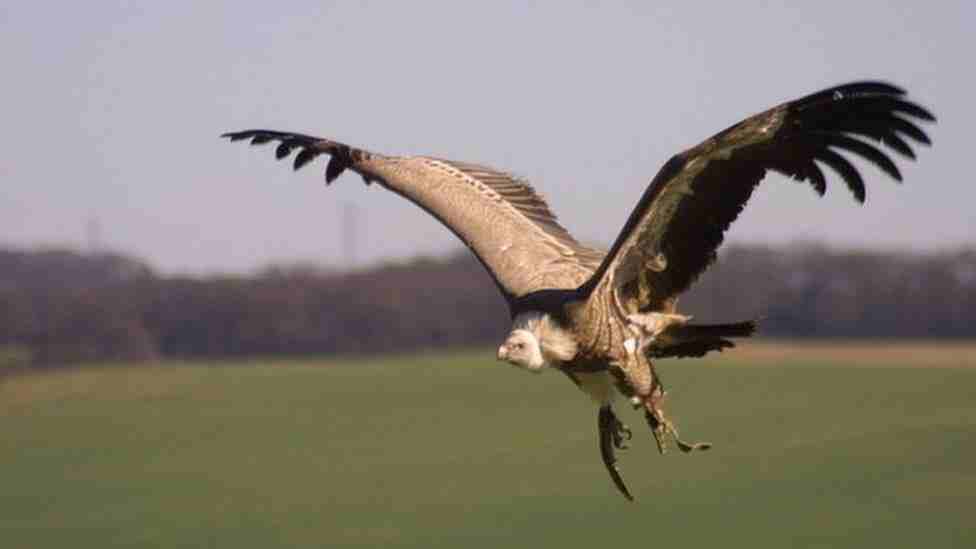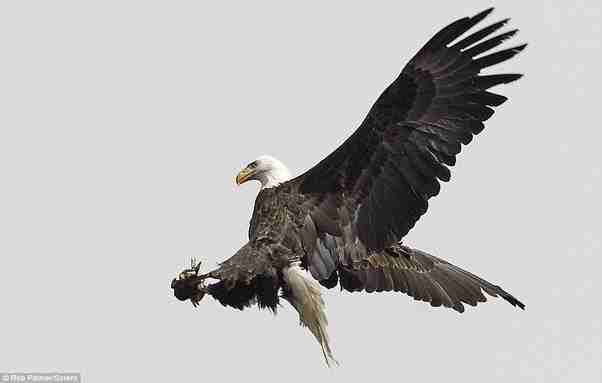Can Birds Lay Eggs While Flying? Unlocking the Mystery
Birds are a diverse and intriguing group of creatures. They’re known for their unique ability to fly, but have you ever wondered if they can lay eggs while soaring through the skies?
In this comprehensive blog post, we’ll delve into the fascinating world of avian reproduction and explore the question: Can birds lay eggs while flying? We’ll break down the science, the myths, and the realities of this phenomenon while adding a touch of humour along the way.
No, birds cannot lay eggs while flying. The process of laying an egg is a complex one that requires the bird to be stationary. The egg needs to be positioned correctly in the bird’s oviduct and then expelled through the cloaca. Hormones and muscles control this process, and it would be very difficult for a bird to do it while flying.
Understanding Avian Reproduction

Before answering whether birds can lay eggs while flying, we must have a solid grasp of avian reproduction. Birds, like all animals, have their unique reproductive processes.
Related Post: Are Birds Born with Feathers?
1. The Avian Reproductive System
We need to understand the basics of bird reproduction to comprehend this topic. Birds possess a specialized reproductive system, which includes the following key components:
- Ovaries: Female birds have a pair of ovaries, where the eggs are formed and mature.
- Oviduct: This is the tube where the egg travels, developing as it does. It consists of several sections, each with a specific role.
- Cloaca: Both male and female birds have a cloaca, an opening that serves multiple functions, including reproduction.
With these fundamental structures in mind, let’s move on to the intriguing question of laying eggs while in flight.
Can Birds Lay Eggs While Flying?
Can Birds Lay Eggs While Flying? No, birds cannot lay eggs while flying. To lay an egg, a bird needs to be in a stationary position with its cloaca (the opening where eggs and waste are excreted) positioned over its nest.
This is because the egg needs to be gently lowered into the nest without breaking. Laying an egg while flying would be very difficult and would likely result in the egg being damaged or lost.
Additionally, birds need to be in a relaxed state to lay an egg. Flying is a stressful activity, so it is unlikely that a bird would be able to relax enough to lay an egg while in flight.

There is one known case of a bird laying an egg while flying, but this is extremely rare and is thought to have been caused by a medical condition.
So, the answer to your question is no, birds cannot lay eggs while flying.
2. Debunking the Myth
- Contrary to the myth, birds cannot lay eggs while in flight. The physiological and biomechanical challenges are too significant. Laying an egg is complex and requires a bird’s full attention and physical effort.
- Birds typically lay eggs in a carefully chosen nest or location, where they can safely incubate their eggs until they hatch. In-flight egg laying is biologically implausible and unnecessary for their reproductive success.
- Imagine trying to bake a cake while riding a roller coaster – it’s not feasible! Similarly, birds need a stable and secure environment for laying their eggs.
The Egg-Laying Process
See More: Are All Birds Edible?

Now that we’ve dispelled the myth of in-flight egg laying let’s take a closer look at the intricate process of how birds lay eggs.
3. Egg Formation and Maturation
- Before a bird can lay an egg, it must develop in its ovaries. Hormones highly regulate this process and can take several days.
- Once the egg is fully developed, it is released from the ovary into the oviduct.
- Various egg components, such as the eggshell and membranes, are added during this journey through the oviduct.
4. Egg Laying
- Birds typically find a secure and sheltered location to lay their eggs. Depending on the species, this can be a nest, a tree cavity, or even the ground.
- The bird then enters a squatting position, and with muscular contractions, the egg is pushed out of the cloaca.
- After laying the egg, the bird will carefully incubate it to ensure proper development.
The Role of Gravity
Gravity plays a crucial role in the egg-laying process for birds. It helps ensure that the egg is laid properly and safely.
5. The Importance of Gravity
- Gravity aids the egg as it moves through the oviduct and is positioned correctly.
- Without gravity, the egg might not be laid in the correct orientation, which is essential for the embryo’s development.
- Gravity also helps the egg stay securely in the nest or chosen location, preventing it from rolling away.
Flight and Reproduction
While it’s clear that birds cannot lay eggs while flying, their ability to fly is closely tied to their reproductive success.
6. Flight and Migratory Patterns
- Many bird species rely on flight for migration, often associated with breeding and nesting.
- Birds use their flying abilities to find the ideal nesting sites, gather nesting materials, and locate food for their developing chicks.
- The energy expended during flight is vital for sustaining the reproductive cycle.
Humorous Anecdotes
Let’s add a touch of humour to this discussion. Imagine if birds could lay eggs while flying. Here are a few whimsical scenarios:
7. If Birds Could Lay Eggs in Flight
- Airports would need runways just for egg landings.
- Egg collectors would need to become skydivers.
- Sunny-side-up eggs would take on a whole new meaning during flight breakfasts.
FAQs
Let’s address some common questions related to bird reproduction and egg laying.
Q1: Do all bird species lay eggs in nests?
- A1: No, not all birds lay their eggs in nests. Depending on their evolutionary adaptations, some species lay eggs in tree cavities, on cliffs, or even on the ground.
Q2: How many eggs do birds typically lay at a time?
- A2: The number of eggs varies by species. Smaller birds may lay just one or two eggs, while larger species can lay several dozen eggs during their breeding season.
Q3: Can birds lay eggs without mating?
- A3: Some bird species are capable of parthenogenesis, a process where females can lay eggs that develop without fertilization. However, this is relatively rare, and most bird species require mating to reproduce.
Conclusion
Birds cannot lay eggs while flying. The act of laying an egg is a complex process that requires careful attention and a stable environment. While the idea of mid-air egg-laying may be whimsical, it remains firmly in the realm of myth and fiction.
Understanding the intricacies of avian reproduction reminds us of the wonders of the natural world. Birds’ unique adaptations, including their ability to fly, contribute to our planet’s incredible





I’m afraid you are incorrect. Unless these sea birds that were flying above my son and me were carrying their eggs in there beaks or their claws, then you may be right but the circumstances neg to differ. I have video I can share with you when this happened.